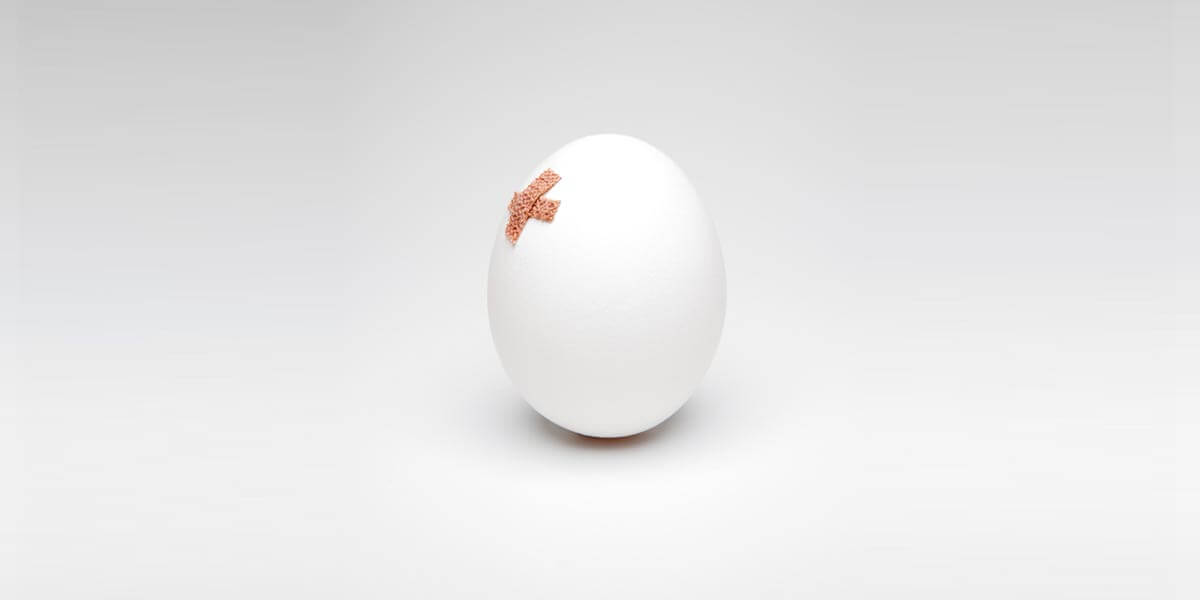
After Surgery
Oral & facial surgery can involve serious and invasive procedures. Post-operative care is very important. Unnecessary pain and the complications of infection and swelling can be minimized if the instructions by our Boston oral surgeons are followed carefully.
- Place ice to your cheek in the area of surgery. Ice is the most effective if placed on the cheek for 20 minutes then removed for 20 minutes for the first 24 hours. We recommend a bag of frozen vegetables wrapped in a cold towel.
- Start pain relievers BEFORE your anesthesia wears off (30-60 minutes after your appointment).
**Avoid driving, heavy activity or drinking alcohol if given prescription pain pills that contain narcotics.
**For severe pain non-narcotic and narcotic pain medication can be taken simultaneously. - Take your ENTIRE antibiotic prescription if prescribed.
- Drink plenty of liquids and eat cool or luke -warm foods that can be easily chewed.
**Avoid foods or activities that create suction in the mouth (straws, rinsing, spitting etc).
**Avoid thermally hot foods (coffee, tea, soup). Let them cool before eating today. Most people find eating cool, soft foods (ice cream, yogurt) the day of the surgery to be most comfortable.
**Avoid foods with a sharp edge (chips, crackers, toast etc) for 4-5 days. - Avoid smoking.
- Restrict your activities the day of surgery and resume normal activity when you feel comfortable.
- A certain amount of bleeding is to be expected following surgery. Slight bleeding, oozing, or redness in the saliva is not uncommon. Excessive bleeding may be controlled by first rinsing or wiping any old clots from your mouth, then placing a thick roll of gauze over the area and biting firmly and steadily for 30 minutes. If bleeding continues, Reposition the gauze so MORE pressure is against the surgery site. If bleeding still continues, incorporate biting a moistened tea bag for 30 minutes. The tannic acid in the tea bag helps to form a clot by contracting bleeding vessels. To minimize further bleeding, do not become excited, sit upright, and avoid exercise. If bleeding does not subside, call for further instructions. NOTE: There will be a small amount of blood in the saliva for 2 days.
- Swelling. The swelling that is normally expected is usually proportional to the surgery involved. Swelling around the mouth, cheeks, eyes and sides of the face is not uncommon. This is the body’s normal reaction to surgery and eventual repair. The swelling will not become apparent until the day following surgery and will not reach its maximum until three days post-operatively and this will coincide with a peak in pain. However, the swelling and pain may be minimized by the immediate use of ice packs. Two plastic bags filled with ice, or ice packs or a bag of frozen peas, can be applied to the sides of the face where surgery was performed. The ice packs should be left on intermittently while you are awake. After 24 hours, ice has no beneficial effect. Twenty-Four hours following surgery, the application of moist heat to the sides of the face is beneficial in reducing the swelling (a face towel in hot but not scalding water or a hot water bottle can be used).
- Pain. For moderate pain, one or two tablets of Tylenol or Extra Strength Tylenol may be taken every six hours and two to three 200 mg tablets of ibuprofen (Motrin or Advil) may be taken every six hours. Dr. Lucca will elaborate on this, depending on your specific medical history.
For severe pain, take the tablets prescribed as directed. The prescribed pain medicine will make you groggy and will slow down your reflexes. Do not drive an automobile or work around machinery. Avoid alcoholic beverages. Pain or discomfort following surgery is normal, expected, and temporary. It can last a week but will usually subside more and more every day. If pain persists more than a week, it may require attention and you should call the office. Pain is expected to peak in the first 3 days after surgery. - Diet. Drink liquids after general anesthesia or IV sedation. Do not use straws when drinking from a glass. The sucking action can cause more bleeding by dislodging the blood clot. You may eat anything soft by chewing away from the surgical site(s). High calorie, high protein intake is very important. Try to maintain a normal diet. You should prevent dehydration by taking fluids regularly. Your food intake will be limited for the first few days. You should compensate for this by increasing your fluid intake. At least five to six glasses of liquid should be taken daily. Try not to miss a single meal. You will feel better, have more strength, less discomfort, and heal faster if you continue to eat.
- Hygiene. No rinsing of any kind should be performed until the day following surgery. The day after surgery you should begin rinsing at least two times a day with a cup of warm water mixed with a teaspoon of salt (1/8 tsp salt in 8 oz of water) especially after eating. Brush your teeth gently with a soft bristle brush. Avoid the area of the surgery.
- Bruising/Discoloration. In some cases, discoloration of the skin follows swelling. The development of black, blue, green, or yellow discoloration is due to blood spreading beneath the tissues. This is a normal postoperative occurrence, which may occur two to three days post-operatively. Moist heat applied to the area may speed up the removal of the discoloration. Bruising after surgery is a normal response and is no cause for alarm. It will improve in 7-14 days.
- Stiffness. Some jaw muscle stiffness is common, especially after longer procedures. This may result in difficulty opening your mouth wide. This is normal and will improve in 5-10 days. Moist heat and Ibuprofen will help relieve some of these symptoms.
- Stitches. Depending on the surgery, we most often use dissolvable stitches. Dissolvable stitches dissolve on their own and will not have to be removed. The stitches will fall out within the week (some even come out the same day). Swallowing the stitches is no cause for alarm. Never pull at loose stitches. Some stitches may last 2 weeks, depending on the type used.
- Exercise. If you are involved in regular exercise, be aware that your normal nourishment intake is reduced. Exercise may weaken you. If you get light headed, stop exercising.
- If numbness of the lip, chin, or tongue occurs there is no cause for alarm. As stated before surgery, this is usually temporary in nature. You should be aware that if your lip or tongue is numb, you could bite it and not feel the sensation. So be careful. Call Dr. Lucca if you have any questions.
- A slight elevation of temperature immediately following surgery is not uncommon. If the temperature persists, notify the office.
- You should be careful in changing position from the lying down position to standing. You were not able to eat or drink prior to surgery. Taking pain medications can make you dizzy. You could get light headed when you suddenly stand up. Before standing up, you should sit for one minute and then get up.
- Occasionally, patients may feel hard projections in the mouth with their tongue, THEY ARE NOT ROOTS; they are the bony walls, which supported the tooth. These projections usually smooth out spontaneously. If the projections persist, Dr. Lucca can remove them at a later time.
- If the corners of your mouth are stretched, they may dry out and crack. Your lips should be kept moist with an ointment such as Vaseline.
- Sore throat and pain when swallowing are not uncommon. The muscles get swollen. The normal act of swallowing can then become painful. This will subside in two to three days.
- Stiffness (trismus) of the jaw muscles may cause difficulty in opening your mouth for a few days following surgery. This is a normal post-operative event that will resolve in time.
- Dry Socket (Alveolar Osteitis) is when the blood clot formed after tooth extraction gets dislodged prematurely from the tooth socket. Symptoms of pain at the surgical site and even pain to the ear may occur. It usually occurs about 5-7 days after surgery. Call the office if this is a concern.
REMEMBER
Your case is individual. No two mouths are alike. Do not accept well-intended advice from friends. Discuss your problem with the persons best able to effectively help you: Dr. Lucca or your family dentist. Brushing your teeth is okay just be gentle around the surgical sites.
If you have any questions or concerns, please call the office at 617-300-0345.
** NOTE: FOR PAIN MEDICATION REFILLS, YOU MUST CALL DURING REGULAR OFFICE HOURS. NO EXCEPTIONS.






